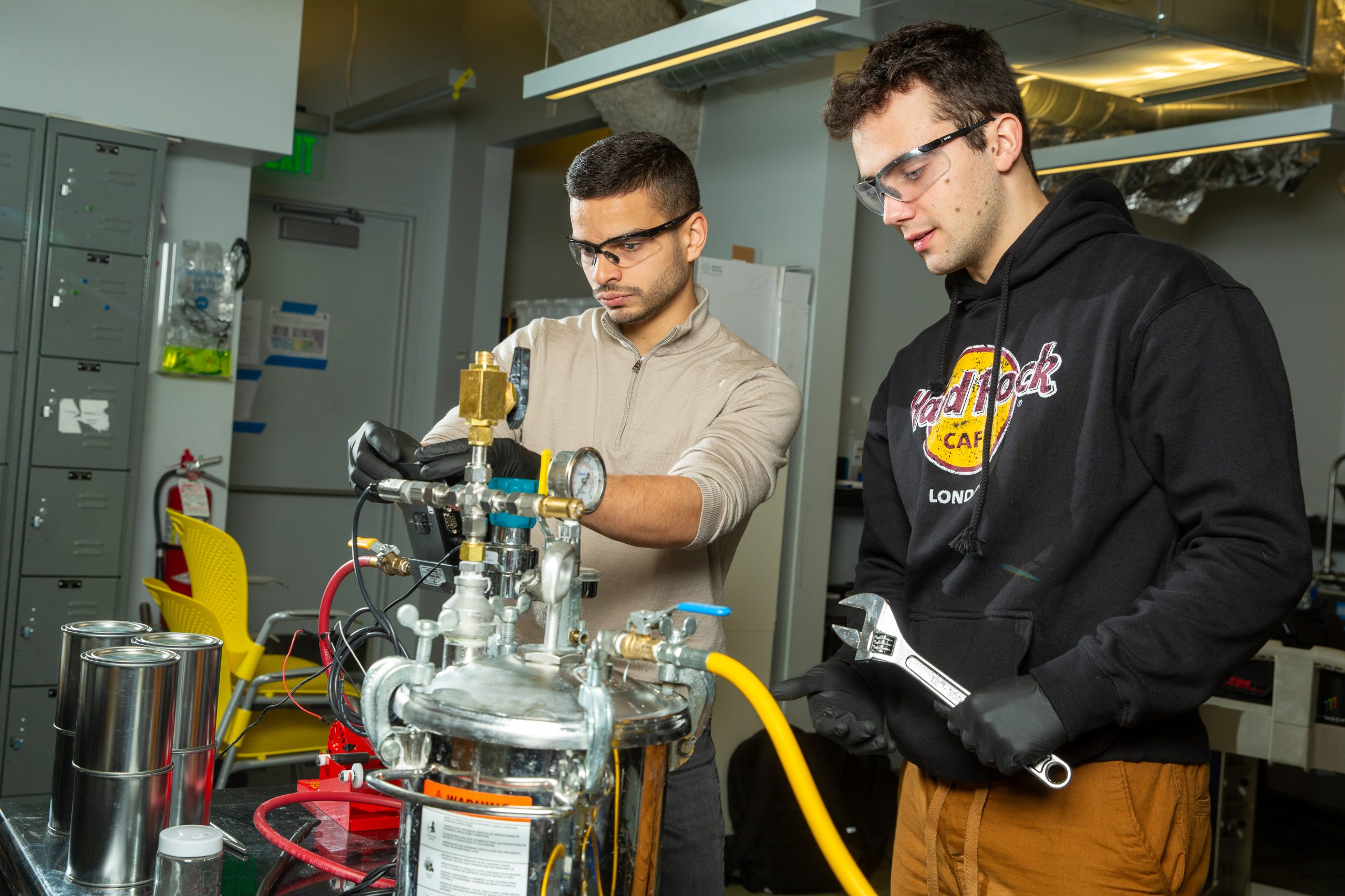Salamanders and zebrafish have something humans can only wish for: the ability of their heart muscle cells to regenerate on demand. While those animals can regrow their injured body parts, sufferers of heart attack are left to make do with a damaged organ. Scientists in Israel and Australia achieved a major breakthrough, uncovering the pathway to stimulate the division of heart muscle cells—a process that stops in human beings about one week after birth. The key agent is the hormone neuregulin, which successfully triggered the divisions of heart cells in mice. It is expected that research funding is quickly going to flock to that area, allowing humans to benefit from this discovery in about five years.

Growing a heart is becoming a possibility after medical research breakthrough
More of Today's Solutions
A historic win for animal rights: Spain passes law against domestic animal abuse
Earlier this month, Spanish legislators unanimously approved a bill to improve the welfare of animals. The bill was accompanied by a modification of the ...
Read MoreMeet Sara Khadem, an international chess master fighting for freedom
In a world where conformity may squash ambitions, an Iranian chess champion, Sara Khadem, took a courageous step that echoed a cry for independence. ...
Read MoreHow teen playwrights are changing the narrative of gun violence in America
American students, raised in the shadow of repeated school shootings, are not just witnesses to a grim reality but active participants in reshaping the ...
Read MoreThailand advances LGBTQIA+ rights
Thailand is on the verge of making history by becoming the first Southeast Asian nation to officially recognize non-heterosexual unions and the second Asian ...
Read More










